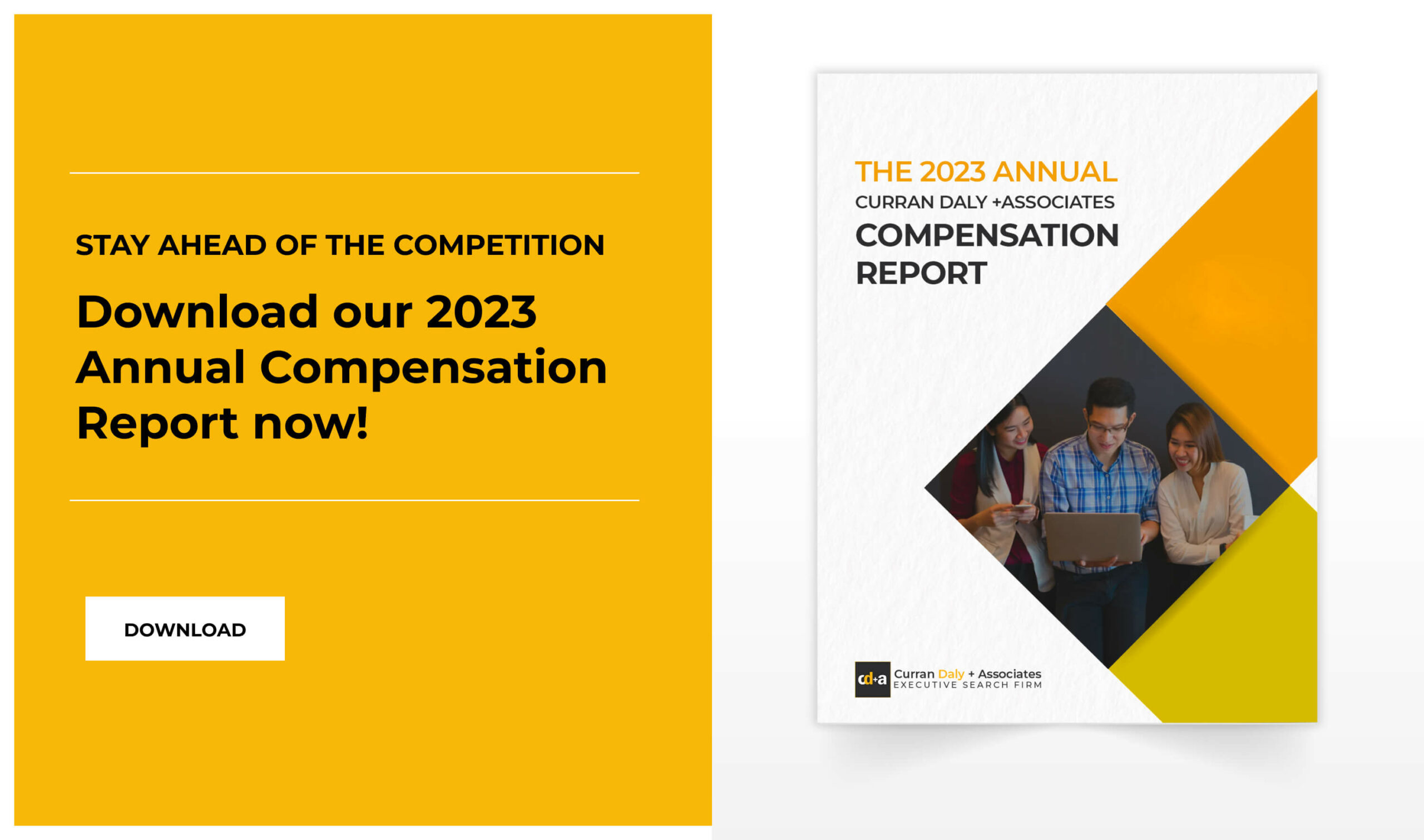Workplace negativity disrupts productivity. Negative attitudes and behaviours at work can lead to increased absences, disjointed teams, high turnover, and loss of creativity, productivity and morale. Confronting negativity in the workplace is a must, because the moment the negativity affects one person, it can affect the whole work team. When managers understand the causes of employee negativity and put in place measures to prevent employee negativity, negativity fails to gain traction in the work environment. In this week’s blog we talk about workplace negativity and share some tips to prevent or minimise its occurrence in your workplace.
Causes of Workplaces Negativity
Where does workplace negativity come from? According to Gary S. Topchik, author of Managing Workplace Negativity, negativity “is often the result of a loss of confidence, control, or community.”
According to a recent study conducted by Towers Perrin and researchers Gang & Gang (2014), these are some of the most common reasons behind employee negativity:
- An excessive workload
- Concerns about management’s ability to lead the company forward successfully
- Anxiety about the future, particular longer-term job, income and retirement security
- Lack of challenge in their work, with boredom intensifying existing frustration about workload
- Insufficient recognition for the level of contribution and effort provided, and concerns that pay isn’t commensurate with performance.
This week’s managers tips to minimise workplace negativity:
As multiple authors and experts cite, the best way to combat workplace negativity is to keep it from occurring in the first place, here are just a few tips to dealing with these issues –
Communicate
Talk with your people. Keep channels of communication open, either through a company-wide intranet or just by letting employees know that your door is always open. Sometimes people just want a sounding board, a place to be respectfully listened to. Be visible, proactively schedule group discussions or group meetings, and provide responses to questions and concerns. Make sure employees know that you have an open-door policy, and that you are willing to share what you know about events and news in, around, and about the company to the best of your knowledge and ability.
For example: Gossip is one of the most common tactics used by negative people, and many managers think that the best way to deal with gossip is to ignore it. Wrong! Instead, become part of the conversation. Communicate more rather than less. The company grapevine or rumour mill is one of the most efficient forms of communication in an organisation. Instead of getting frustrated by all the gossip going on, feed the grapevine with information. When you offer truthful information, it will counteract the negative gossip that normally thrives in the grapevine.
Encourage input
Employees often feel negatively about their job when they feel left out of decision-making. Encourage them to provide input by establishing a system for it, and making them aware that the system is there for them to provide input about everything from benefits, telecommuting and other HR policies, to bigger company issues.
For example: Ask what can be done – after you have listened to a negative person list numerous reasons why something will not work, simply ask them for positive, constructive suggestions for what can be done to help make it work. It is often helpful to tell the negative person not to talk with you again until they have some constructive suggestions. Another idea would be to create an “expression wall” or a “suggestion box” wherein employees can post their opinion about the organization’s policies and procedures.
Appropriate awards and recognition
Whether it’s a thank you lunch, a promotion or a verbal recognition, employees need to know that their work is recognised and that it’s appreciated. Nothing beats feeling important and appreciated to squash negative attitudes.
For example: A simple email or just a verbal congratulation on a job well done goes a long way. If your company is open to the idea of giving out awards, just make sure that there is a fair system in place, so there’s no feeling of favouritism.










0 Comments